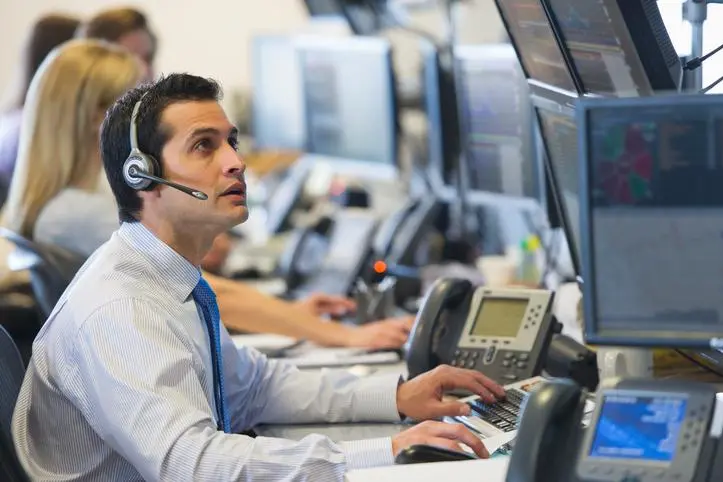PHOTO
DALLAS - Collapsing deals are pointing to a tired M&A bull market. Tribune Media and Rite Aid have both terminated plans to sell themselves after shareholders and regulators objected. Perceived double-dealing played a role. But crummy transactions falling apart is to be expected from a late-stage of a merger cycle that has run its course.
Watchdogs wanted Tribune’s wannabe owner Sinclair Broadcast to sell some stations to win approval for the acquisition, which was unveiled 15 months ago. Sinclair agreed, but the way its executives structured these side deals prompted the Federal Communications Commission last month to question whether they were “shams.” Tribune not only walked away, it also filed a lawsuit accusing Sinclair of breach of contract and is seeking $1 billion in damages.
Meantime, Rite Aid shareholders, led by hedge fund Highfields Capital with a 4.4 percent stake, forced the pharmacy chain and Cerberus Capital-owned grocery store Albertsons to terminate their tie-up. The investors didn’t like the way the Rite Aid Chief Executive John Standley had inked a lucrative arrangement for himself. The deal included payouts for other insiders, too, and installed Standley as boss once the takeover by grocery store Albertsons was complete. With shareholder support looking unlikely, the two putative partners agreed to nix the deal on the eve of Thursday’s vote.
Other examples of dealmaking overkill have been popping up. Elon Musk wants to take money-losing Tesla private in what would be the largest buyout on record, by far, at more than $80 billion. Cigna in March offered too big a premium to ink a $52 billion deal for Express Scripts, prompting activist investor Carl Icahn to lobby against the merger. And bank deals, like Fifth Third’s $4.7 billion offer in May for MB Financial, are falling foul of shareholders, in part for taking too long to earn back the dilution to book value.
Companies and their bankers have been cranking out a frenzy of transactions overall: Announced deal volume globally in the first six months of the year hit $2.5 trillion, a 60 percent increase on the same period last year, according to Thomson Reuters. It’s clear that some are getting carried away by the hype. But it’s a good sign that some shareholders and watchdogs, at least, are keeping their feet firmly on the ground.
(Editing by Antony Currie and Amanda Gomez)
© Reuters News 2018





















